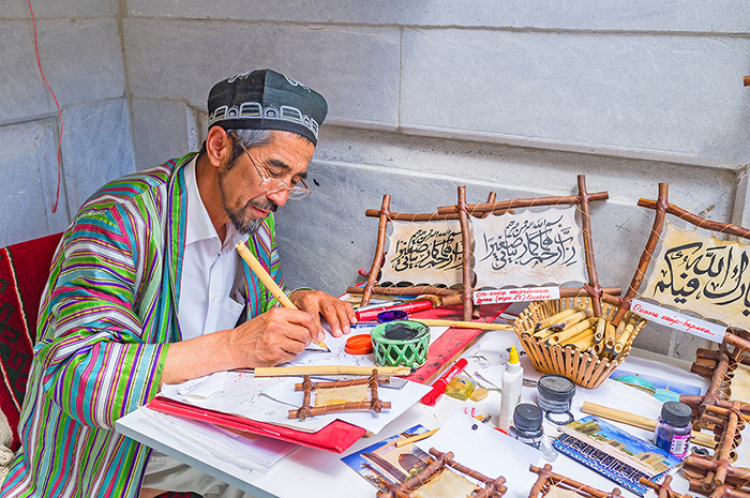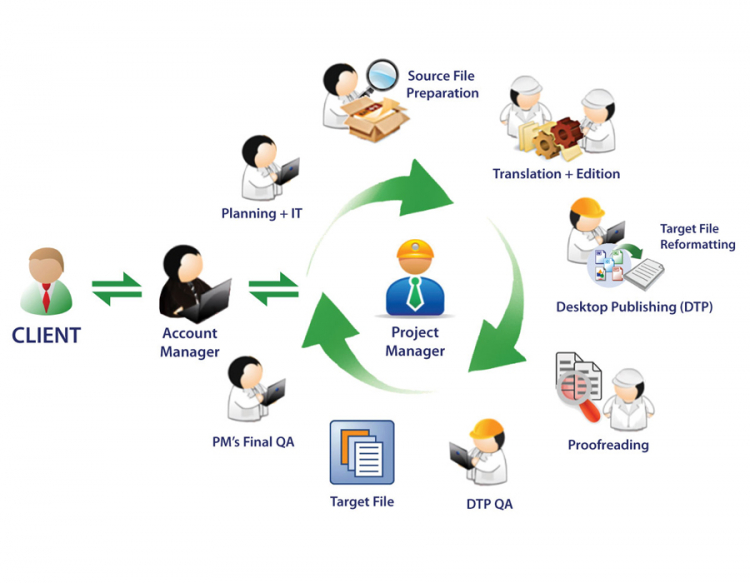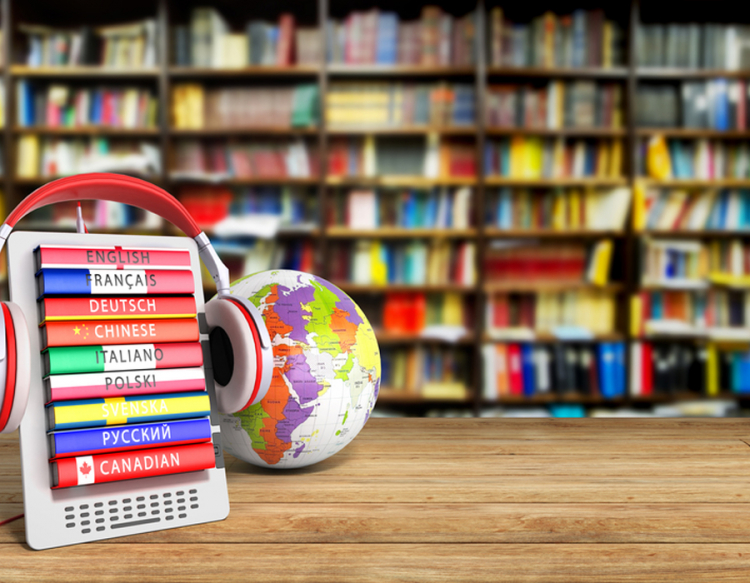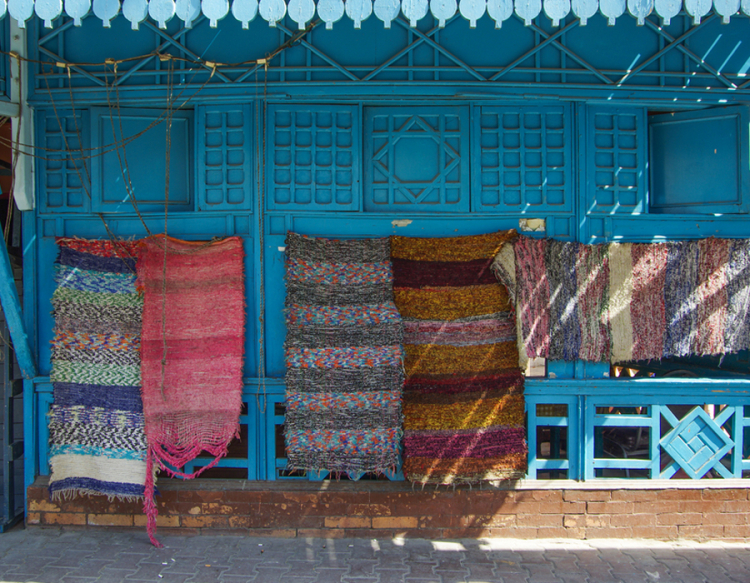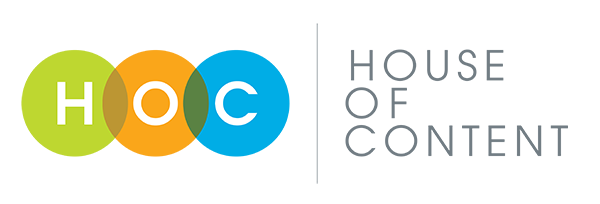As Arabic content specialists, we often get asked by non-Arabic speakers to create or translate content to "Saudi Arabic", "Egyptian Arabic", or other forms of alleged locales wrongfully thought of as registers of Arabic language. However, only two registers of Arabic exist: Classical Arabic (CA) and Modern Standard Arabic (MSA). Local dialects are not registers of Arabic, they are spoken forms of Arabic that lack the main constituents of languages: grammar, semantics, and pragmatics. With only few exceptions, dialects are not used in formal writing or published content.
Google Translate provides its users with a genuine value for their everyday linguistic needs. Nevertheless, the very name of this service has become a synonym of some horrible translations, at least in the Arab World. Most professional linguists are fully aware that receiving a feedback from their clients with “This is Google translated”-like phrases is their worst nightmare. The yet unanswered questions are about the reasons that make machine-translation way behind when it comes to Arabic language, and what Google is doing to enhance this service.


